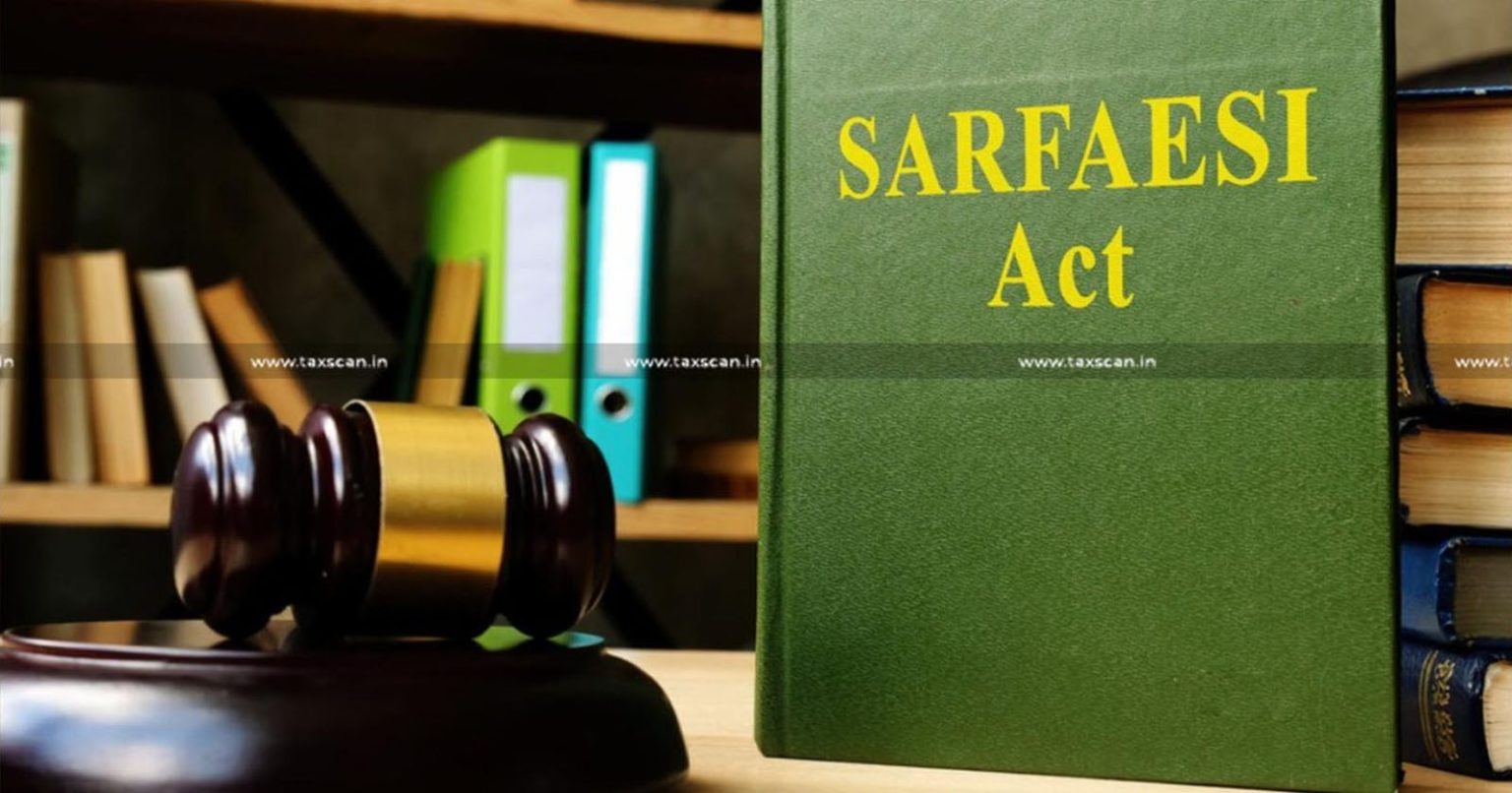No Writ maintainable against NBFC: Delhi HC directs Petitioner to approach DRT under SARFAESI Act [Read Order]
The Delhi HC directed the writ petitioner to approach the DRT under the SARFAESI Act.

Delhi High Court – Delhi HC – SARFAESI Act – NBFC – DRT – Non-Banking Financial Company – High court news – Delhi HC directs Petitioner – TAXSCAN
Delhi High Court – Delhi HC – SARFAESI Act – NBFC – DRT – Non-Banking Financial Company – High court news – Delhi HC directs Petitioner – TAXSCAN
In a recent ruling, the Delhi High Court dismissed a writ petition against Non-Banking Financial Company (NBFC) and directed the petitioner to approach DRT under the Securitization and Reconstruction of Financial Assets and Enforcement of Security Interest (SARFAESI) Act, 2002.
In this case, the petitioner, Ashish Kumar, had availed a home loan from the respondent and they had been actively making payments of EMIs, and the sale dated 09.05.2024 was registered in the petitioner’s name.
The grievance of the petitioner is that on a particular day, he found out that a notice has been pasted at his property, that stated that the physical possession of the property shall be taken over by respondent No. 1 on 23.08.2024.
The counsel on behalf of the petitioner contended that there has been a major fraud against the petitioner and that in the registered sale deed on 23.01.2023, which would suggest that respondent No.5 Mr. Amit Gupta, and respondent No.6 Ms. Pooja Gupta alleged to have sold the subject property to Mohd. Furkan Qureshi, against whom SARFAESI proceedings have been instituted. The counsel further submitted that the photographs of the above-mentioned respondents are different from the sale deed, which has been executed in favor of the assessee.
Get a Copy of Learn the Essentials of Sections 269 and 271, Click here
The main issue revolving around this case is which of the sale deeds are genuine and
can be relied upon by which of the parties.
The Delhi High Court bench held that in the present case, the writ petition against NBFCs cannot be entertained.
The Delhi High Court bench, comprising Justice Dharmesh Sharma, directed the petitioner to approach the Debt Recovery Tribunal (DRT) under Section 17 of the SARFAESI Act, 2002.
The Delhi High Court dismissed the writ petition.
To Read the full text of the Order CLICK HERE
Support our journalism by subscribing to Taxscan premium. Follow us on Telegram for quick updates


